Travel planning can spiral into overwhelming research loops where every decision leads to three more choices to make. Breaking the process into sequential steps prevents decision paralysis while ensuring you don’t overlook important details that could derail your trip later.
Here’s a list of 15 travel planning steps that eliminate stress before you even leave home.
Set Your Budget First

Money constraints determine every other aspect of your trip, so establishing a realistic budget prevents heartbreak when you discover your dream destination costs twice what you can afford. Include all expenses, from flights to daily meals, rather than focusing on major costs like accommodation.
Buffer your budget by 20% for unexpected expenses, exchange rate fluctuations, or opportunities that emerge during your travels.
Choose Your Destination Based on Season
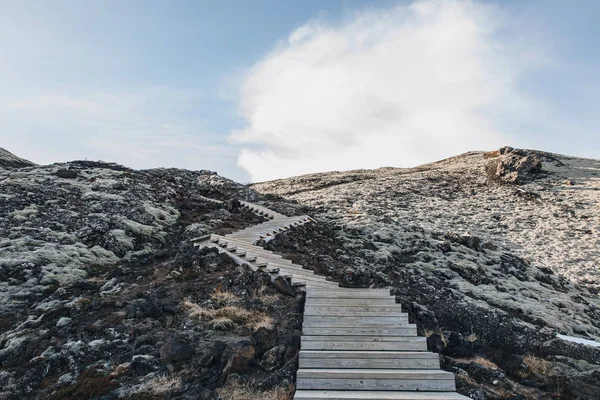
Timing dramatically affects both costs and experience quality, so research weather patterns, tourist seasons, and local events before committing to dates. Shoulder seasons often provide the best balance of favorable weather and reasonable prices, though you’ll need to accept some trade-offs in either direction.
Monsoon seasons, extreme heat, or hurricane periods can make certain destinations miserable, regardless of how much money you save on reduced prices.
Like Travel Pug’s content? Follow us on MSN.
Book Major Transportation Early

Flight prices and train reservations typically increase as the travel dates approach, though this rule has exceptions during off-peak periods. International flights often offer the best prices 6–8 weeks before departure, while domestic flights can be cheaper closer to travel dates.
Set price alerts for your preferred routes rather than booking immediately, as prices fluctuate based on demand patterns and airline pricing strategies.
Research Visa and Entry Requirements
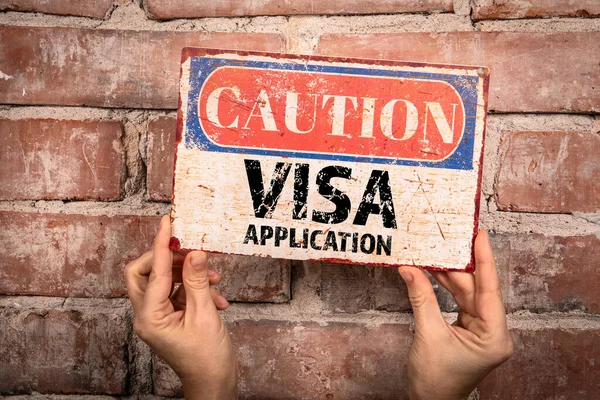
Visa processing can take weeks or months, and some countries require applications submitted well before your intended travel dates. Check expiration dates on your passport, as many countries require six months of validity remaining before they’ll grant entry.
Some destinations require specific vaccinations or health certificates that take time to obtain and process through official channels.
Select Accommodation Based on Location

Hotel location affects your daily transportation costs, sightseeing efficiency, and overall trip enjoyment more than amenities or star ratings. Choose accommodation within walking distance of major attractions or well-connected to public transportation systems that serve your planned activities.
Read recent reviews carefully, as properties can deteriorate quickly or undergo renovations that significantly affect the guest experience.
Like Travel Pug’s content? Follow us on MSN.
Plan Your Insurance Coverage

Travel insurance becomes essential when unexpected medical emergencies, trip cancellations, or lost luggage could cost thousands of dollars. Compare policies carefully, as coverage varies dramatically between providers and price points.
Some credit cards include travel insurance benefits, but the coverage often has significant limitations that leave you responsible for major expenses.
Create a Rough Daily Itinerary

Having a general plan prevents wasted time while allowing flexibility for spontaneous discoveries during your trip. Research opening hours, admission prices, and transportation connections between attractions you want to visit.
Group geographically close activities together to minimize travel time and transportation costs throughout your journey.
Download Essential Apps and Maps
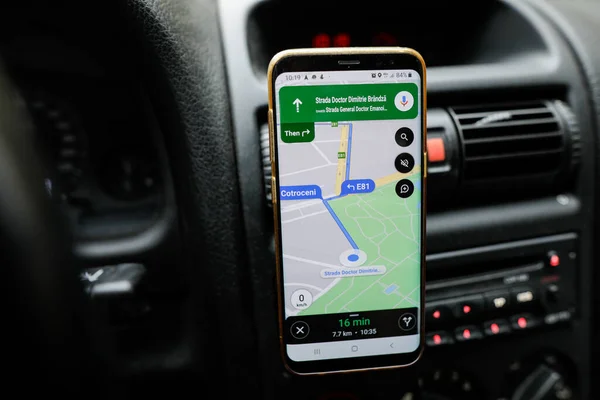
Offline maps prevent expensive roaming charges while ensuring navigation capability even without internet access. Translation apps, currency converters, and local transportation apps streamline daily logistics while reducing stress in unfamiliar environments.
Download and test these tools before departure to avoid surprises when you need them most.
Like Travel Pug’s content? Follow us on MSN.
Notify Banks of Travel Plans

Credit card fraud protection systems often block international transactions unless you notify financial institutions of your travel plans beforehand. Provide specific dates and destinations to prevent cards from being frozen at inconvenient times.
Research ATM networks and foreign transaction fees to minimize banking costs during your trip.
Pack According to Climate and Activities
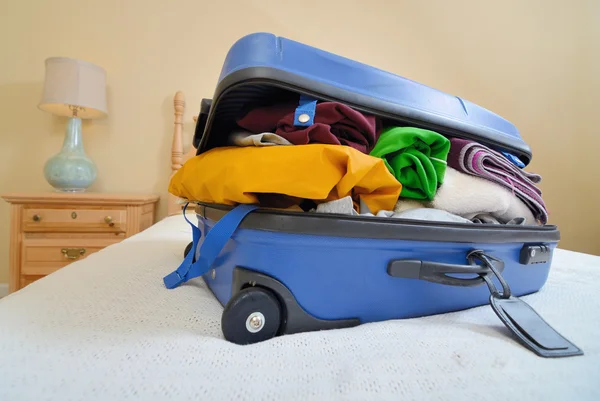
Weather research determines what clothing you’ll need, but planned activities affect specific gear requirements like hiking boots or formal wear for nice restaurants. Pack versatile pieces that work in multiple situations rather than single-purpose items that consume luggage space.
Check airline baggage restrictions and fees before finalizing your packing decisions.
Arrange Airport Transportation
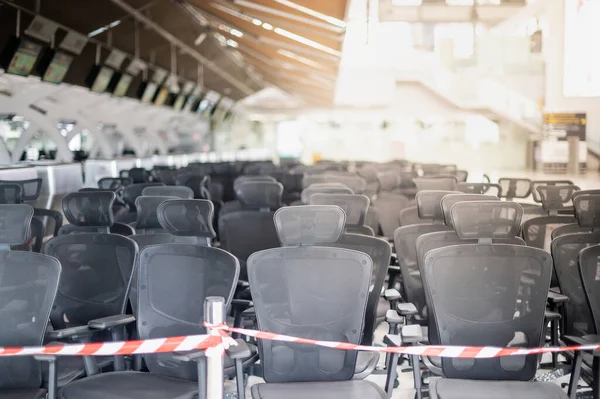
Researching transportation options from airports to your accommodation prevents expensive taxi rides or missed connections due to unfamiliarity with local systems. Public transportation often provides significant savings over private transfers, though you’ll need to consider luggage constraints and arrival times.
Pre-booking transfers can save money while eliminating language barriers and navigation stress after long flights.
Like Travel Pug’s content? Follow us on MSN.
Copy Important Documents

Store copies of crucial documents separately from originals, and leave additional copies with trusted contacts at home who can assist if everything gets lost or stolen. Include passport photos, visa copies, travel insurance policies, and emergency contact information in your document backup system.
Digital copies stored in cloud services provide additional security if physical copies are lost.
Research Local Customs and Etiquette
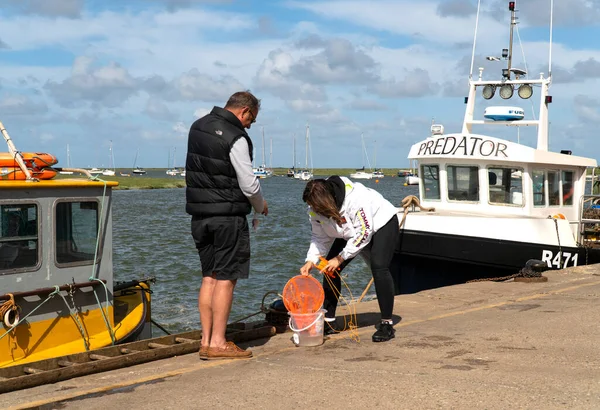
Understanding basic cultural norms prevents embarrassing mistakes while showing respect for local traditions and values. Research tipping practices, appropriate dress codes for religious sites, and social customs that affect daily interactions with locals.
This preparation enhances your experience while avoiding unintentional offense that could create problems during your visit.
Prepare Emergency Contacts and Information
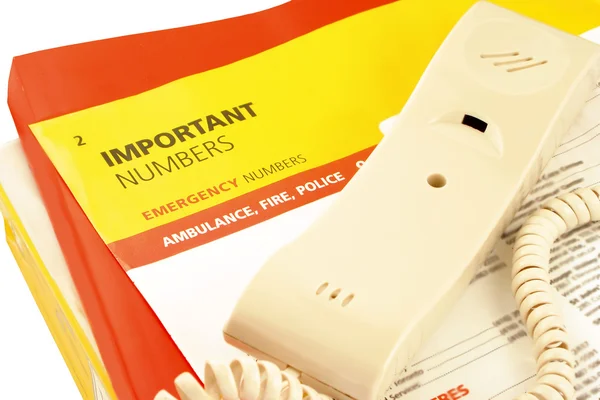
Compile embassy contact information, emergency medical facilities, and trusted contacts who can assist if serious problems arise during your travels. Share your itinerary with reliable friends or family members who can help coordinate assistance if you encounter major difficulties abroad.
Include backup contact methods in case primary communication systems fail or become inaccessible.
Like Travel Pug’s content? Follow us on MSN.
Create a Backup Plan for Major Disruptions
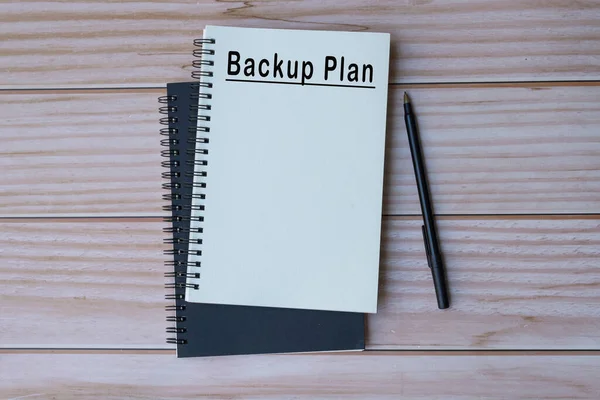
Flight cancellations, natural disasters, or political situations can disrupt travel plans regardless of how carefully you prepare. Research alternative transportation routes, backup accommodation options, and trip insurance coverage that addresses major disruptions.
Having contingency plans reduces stress when unexpected events threaten your travel schedule.
The Foundation of Great Trips

Thorough planning doesn’t eliminate spontaneity, it creates the foundation that allows you to take advantage of unexpected opportunities without worrying about basic logistics. When transportation, accommodation, and essential details are handled in advance, you can focus on enjoying experiences rather than solving problems that careful preparation could have prevented.
The time invested in systematic planning pays dividends throughout your entire journey.
More from Travel Pug

- 20 Best Beach Towns in the Carolinas
- 13 Destinations Where Tourists Regularly Regret Their Trip
- 20 Destinations That Are More Magical Without an Itinerary
- 20 Underrated Adventures That Belong on Your Travel List
- 20 Cities Where You Should Just Wing It, No Planning Required
Like Travel Pug’s content? Follow us on MSN.w us on MSN.N.
